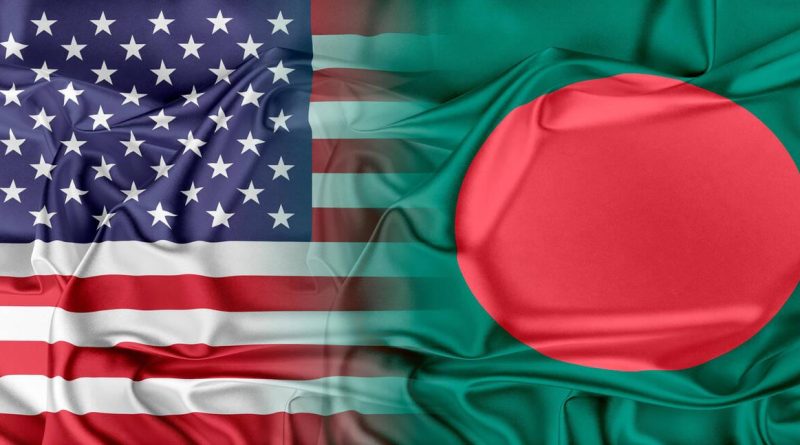Bangladesh has formally urged the United States Trade Representative (USTR) to confirm a date for the third and final round of reciprocal tariff negotiations, proposing next Sunday for the meeting, commerce ministry sources.
Officials said the request was submitted in a letter accompanied by Bangladesh’s position paper responding to the US-proposed draft agreement. The delegation, to be led by Commerce Adviser Sheikh Bashir Uddin, is prepared to travel to Washington immediately upon confirmation. If the USTR suggests an alternative date, travel plans will adjust accordingly.
“The request includes a call to hold the meeting within the coming week,” Commerce Secretary Mahbubur Rahman told The Business Standard. “We’re ready to proceed whenever the date is finalized by the USTR.”
Tensions have escalated following the 8 July imposition of a 35% reciprocal tariff on Bangladeshi goods by the US. Although flights were initially booked for 21 July, the trip was deferred after the USTR cautioned Dhaka not to travel without a confirmed meeting schedule due to conflicting negotiations with other nations.
The upcoming delegation will include senior officials such as National Security Adviser Khaliqul Rahman, Chief Adviser’s Special Assistant Faiz Ahmad Taiyeb, and Commerce Secretary Rahman—significantly expanding the team to counterbalance the previous disparity in representation, which had left Bangladesh at a disadvantage against a 30–40 member US side.
With the tariff set to take effect on 1 August, Dhaka faces a tight timeline to reach a resolution. “If no agreement is reached by 31 July, the additional tariff will be imposed, posing serious risks to Bangladesh’s export sector,” a senior official warned.
In its latest offer, Bangladesh has proposed concessions including duty relief and boosting imports of US goods through government channels. However, officials maintained a firm stance against accepting non-trade provisions attached to the agreement.
“Some clauses fall outside the scope of trade. We won’t reject them outright, but we’ve proposed extended compliance timelines—ranging from five to ten years, depending on the item,” said an official familiar with the terms.






